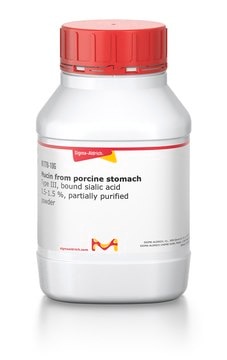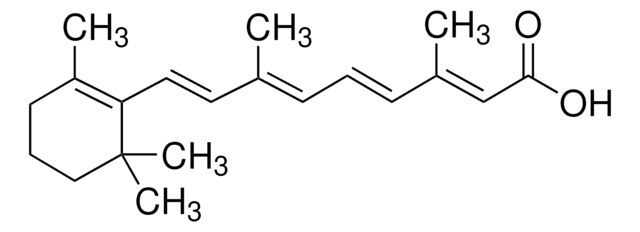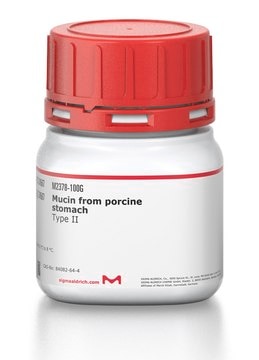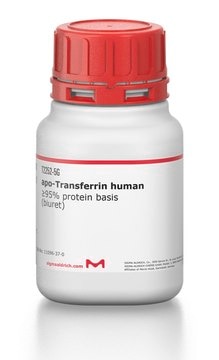Recommended Products
biological source
synthetic (organic)
Quality Level
description
RGD Peptide for Cell Adhesion, 5 mg
sterility
electron beam irradiated
assay
≥95% (HPLC)
form
powder
technique(s)
tissue culture: suitable
shipped in
wet ice
storage temp.
2-8°C
InChI
1S/C98H174N34O30/c1-48(2)31-60(84(151)120-56(79(100)146)22-17-27-107-96(101)102)124-86(153)62(33-50(5)6)126-88(155)64(35-52(9)10)128-89(156)65(36-53(11)12)127-87(154)63(34-51(7)8)125-85(152)61(32-49(3)4)123-83(150)59(24-19-29-109-98(105)106)122-91(158)67(44-133)119-76(142)42-113-73(139)39-111-72(138)38-112-74(140)40-114-82(149)58(21-15-16-26-99)121-92(159)69(46-135)130-93(160)68(45-134)129-80(147)54(13)116-94(161)71-25-20-30-132(71)95(162)70(47-136)131-90(157)66(37-78(144)145)118-77(143)43-115-81(148)57(23-18-28-108-97(103)104)117-75(141)41-110-55(14)137/h48-54,56-71,133-136H,15-47,99H2,1-14H3,(H2,100,146)(H,110,137)(H,111,138)(H,112,140)(H,113,139)(H,114,149)(H,115,148)(H,116,161)(H,117,141)(H,118,143)(H,119,142)(H,120,151)(H,121,159)(H,122,158)(H,123,150)(H,124,153)(H,125,152)(H,126,155)(H,127,154)(H,128,156)(H,129,147)(H,130,160)(H,131,157)(H,144,145)(H4,101,102,107)(H4,103,104,108)(H4,105,106,109)/t54-,56-,57-,58-,59-,60-,61-,62-,63-,64-,65-,66-,67-,68-,69-,70-,71-/m0/s1
InChI key
DULMZMHLQQZGPY-ACFXXXONSA-N
Related Categories
Application
Use these procedures as a guideline to determine the optimal coating conditions for the culture system of coice. To maintain sterility, perform all operations in a laminar flow hood. Two options are provided:
Procedure A
1. Remove cap and add 5 ml of serum-free medium or PBS to the bottle.
2. Replace cap and vortex contents vigorously. Ensure that the PEPTITE-2000 is completely solubilized. The solution will remain slightly hazy.
3. Transfer desired volume of solution from the bottle to a dilution vessel. Dilute to desired concentration using serum-free medium or PBS. A typical working concentration may range from 0.1 to 10 μg/ml.
4. Add appropriate amount of diluted material to culture surface.
5. Incubate at room temperature or 37 °C, covered, for 1-2 hours.
6. After incubation, aspirate remaining material.
7. Rinse plates carefully with water and avoid scratching bottom surface of plates.
8. Plates are ready for use. They may also be stored at 2-8 °C damp or air dried if sterility is maintained.
9. Store remaining solubilized PEPTITE-2000 at 2 to 10 °C.
Additional note: Include divalent cations (Calcium, Magnesium, or Manganese) in cell attachment solution to obtain optimum cell binding.
Procedure B
1. Remove cap and add 5 ml of sterile 70% Ethanol
2. Replace cap and vortex contents. Ensure that the PEPTITE-2000 is completely solubilized.
3. Transfer desired volume of solution from the bottle to a dilution vessel. Dilute to the desired concentration using 70% Ethanol. Concentrations from 0.1 to 10 μg/ml should be tested.
4. Add appropriate amount of diluted material to culture surface.
5. Leave the coated container, uncovered, in a laminar flow hood until the wells are dry.
6. Rinse plates carefully with water and avoid scratching bottom surface of plates.
7. Plates are ready for use.
8. Store remaining solubilized PEPTITE-2000 at 2-10 °C.
- paramagnetic beads prior to incorporation with embryonic stem cells
- Corning Transwell polycarbonate membrane inserts for promoting cell attachment
- tosyl-activated magnetic beads in human colonic epithelial cells (HT-29) for binding experiments
- gold nanorods
Features and Benefits
Other Notes
Quality
Legal Information
Storage Class
11 - Combustible Solids
wgk_germany
WGK 3
flash_point_f
Not applicable
flash_point_c
Not applicable
Certificates of Analysis (COA)
Search for Certificates of Analysis (COA) by entering the products Lot/Batch Number. Lot and Batch Numbers can be found on a product’s label following the words ‘Lot’ or ‘Batch’.
Already Own This Product?
Find documentation for the products that you have recently purchased in the Document Library.
Our team of scientists has experience in all areas of research including Life Science, Material Science, Chemical Synthesis, Chromatography, Analytical and many others.
Contact Technical Service




